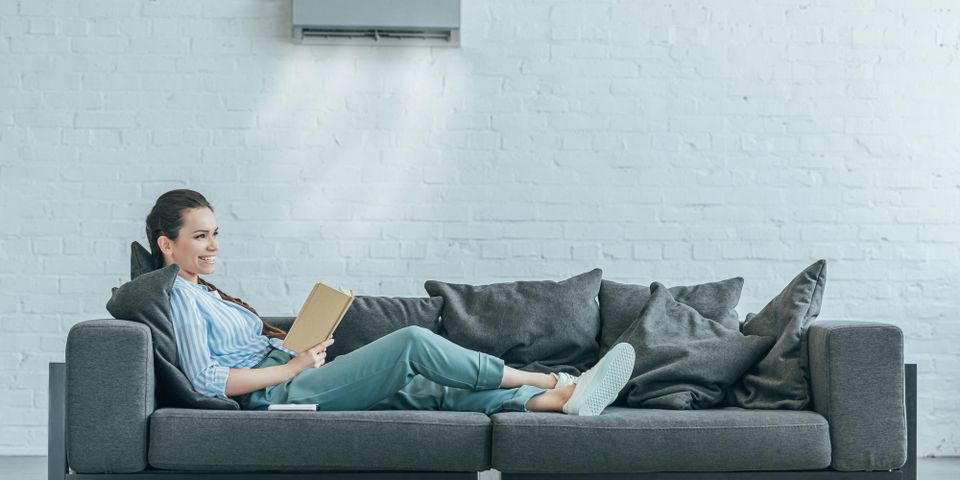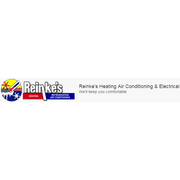How Can You Improve Your Indoor Air Quality?

Although many people think about outdoor pollutants, most homeowners underestimate how dirty the air inside their houses can be. Fortunately, by understanding the risks involved with indoor air pollution and focusing on air filtration, you can help mitigate any hazards. Below is a little more information about indoor air quality (IAQ), so you can enjoy a healthy home.
What Is Indoor Air Quality?
 Indoor air quality is the safety of the air trapped inside your home. Over time, standard cooking and cleaning practices can pollute the air inside your space, making it less suitable for breathing. Cleaning chemicals, pet dander, dust, and cooking fumes are all contributing factors, especially if you have allergies. In fact, the Environmental Protection Agency (EPA) reports that indoor air can become two to five times more polluted than the air outdoors, which is unfortunate since people on average spend 90% of their lives inside. As a result, people can develop symptoms like eye irritation, headaches, fatigue, and even asthma.
Indoor air quality is the safety of the air trapped inside your home. Over time, standard cooking and cleaning practices can pollute the air inside your space, making it less suitable for breathing. Cleaning chemicals, pet dander, dust, and cooking fumes are all contributing factors, especially if you have allergies. In fact, the Environmental Protection Agency (EPA) reports that indoor air can become two to five times more polluted than the air outdoors, which is unfortunate since people on average spend 90% of their lives inside. As a result, people can develop symptoms like eye irritation, headaches, fatigue, and even asthma.
How Can You Boost Your IAQ?
Fortunately, simple actions like changing the screens on your air filtration system can help minimize indoor pollutants. Depending on the type of filter installed in your home, these screens can sift out everything from dust and pollen to grease droplets and bacteria, leaving your air more breathable. Professional HVAC technicians can also install humidification or de-humidification systems alongside secondary air filtration units to rid the air of even more debris.
If you are concerned about your home’s indoor air quality, start working with the professionals at Reinke's Heating Air Conditioning & Electrical in Kearney, NE. Along with handling routine HVAC installations and repairs, these professionals specialize in ongoing maintenance and air filtration, helping your home stay cleaner and safer for your family. Learn more about their services by exploring their website, or give their team a call at (308) 234-3003.
About the Business
(31 reviews)
Have a question? Ask the experts!
Send your question

